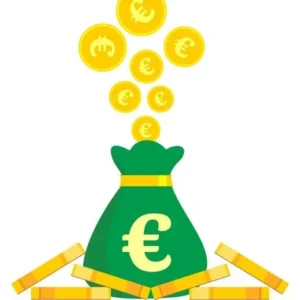The Islamic Development Bank (IsDB) Board of Executive Directors approved projects totaling approximately US$1.27 billion across 12 member countries in Asia, Africa, and the MENA region. The approvals, made during the Bank’s 362nd meeting chaired by President H.E. Dr. Muhammad Al Jasser on 29 September 2025, include a multi-country program addressing sustainable agriculture and food security, education, renewable energy, health, ICT, transport, water resources, and governance reforms.
Key infrastructure investments include US$475 million for Pakistan’s M-6 motorway to enhance connectivity, US$192 million for Uzbekistan’s 4R40 road to boost tourism and investment in the Jizzakh region, US$143.28 million for Bangladesh’s Sonagazi 220 MW Solar Power and Livelihoods Improvement Project, and EUR 140 million for Türkiye’s Antalya–Alanya motorway to ease congestion and improve safety.
In the social and development sectors, Nigeria will receive US$50 million to strengthen agricultural resilience in Yobe State, while Uganda is allocated US$36.8 million to establish regional oncology centers and EUR 73.33 million for a second phase of the Local Economic Growth Support initiative. Senegal will implement a nationally owned school meals program with EUR 36.51 million to improve nutrition and connect local farmers to markets. Guinea will use EUR 32 million to complete the Boké–Québo road, Tunisia will receive EUR 30 million to enhance water supply systems, and Sierra Leone will benefit from US$30.55 million to boost the cassava value chain. Comoros is allocated EUR 6.3 million for e-government transformation, and Mauritania will advance public procurement reforms with US$1.77 million.
Beyond country-specific projects, IsDB endorsed US$7 million for Tadamon 2.0, a Community Empowerment Program designed to support vulnerable populations across member countries with digital literacy, healthcare, Islamic finance, and strengthened civil society capacities.
These approvals reflect IsDB’s commitment to fostering inclusive growth, resilient infrastructure, cleaner energy, improved health and education outcomes, sustainable livelihoods, and strengthened governance across its member countries.







